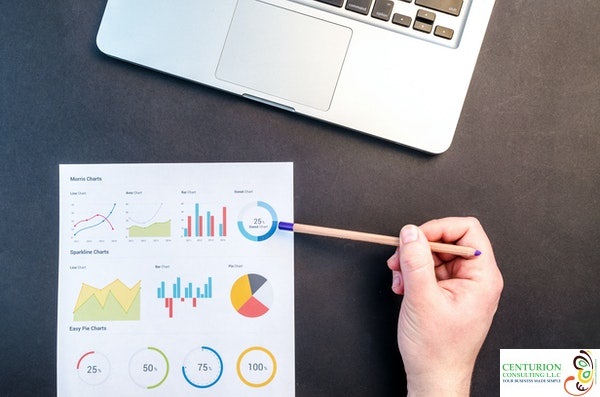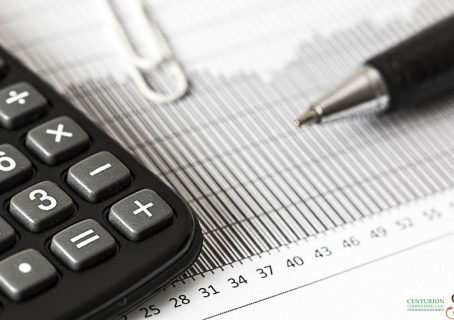Here is all you need to know about VAT in UAE
VAT was introduced by UAE on first of January 1, 2018. VAT is value added tax which is 5% in general but there are zero rated exempted and out of scope which will be discussed further. Important point to remember is that VAT is charged at every point of sale and finally the end user is the one who pays VAT.
VAT is not a cost to the business. The businesses collect VAT and deposit to the Federal Tax Authority. A business pays the government the tax that it collects from the customers while it may also receive a refund from the government on tax that it has paid to its suppliers. The net result is that tax receipts to the government reflect the “value add” throughout the supply chain.
The UAE Federal and Emirate governments provide citizens and residents with many different public services – including hospitals, roads, public schools, parks, waste control, and police services. These services are paid for using government budgets. VAT provides the country with a new source of income, contributing to the continued provision of high-quality public services in the future. It also helps the government move towards its vision of reducing dependence on income derived from oil and other hydrocarbons.
Who are eligible for registering for VAT?
A business must compulsorily register for VAT if it’s sales or taxable supplies and imports exceeds AED 375,000 annually.
However, if the business wants, it can voluntarily register for VAT when the taxable supplies and imports exceed AED 187,500 per annum.
Let us see the number of benefits to be gained from VAT, both for the UAE as a whole and for your business and future profitability levels.
Here are few important points on VAT for businesses in UAE –
Changes to Business Structure –

Apart from having a significant cash flow impact on some companies, VAT will be charged at each stage of production and distribution, which can be challenging if, you have more than one business entity conduct the same product or service. In order to avoid being taxed on transfers made between different stages, and therefore paying VAT twice, you’ll need to bring them together. If you’re a larger business with multiple entities, you may have to consider a more significant restructure to avoid VAT leakage.
Distributed Costs–
Although small businesses in particular have the upfront implementation costs to consider, it is the consumer who is ultimately going be hit the hardest by the new VAT laws. Although the process of collecting and remitting VAT lies with you, the company, ultimately it will end up being charged to the customer via sales channels. So, even at the relatively low rate of 5% it shouldn’t affect your bottom-line too much.
Implementing Advisory opportunities –
The implementation opens up a market opportunity for advisory firms who specialize in VAT terms. Many companies won’t have the time or resources to engage in the complexities of the new VAT systems, and will look to hire consultants to help them understand the new laws, adapt their business, and set up VAT-compliant systems. It therefore offers a potentially lucrative opportunity for entrepreneurs looking to tap into this sector.
More Accountability –
Now that you’re VAT-registered, you’re legally required to prepare and keep a range of business records so the government can check that you’re getting things right. Even for small businesses, authorities can ask for annual accounts, general ledgers, purchase day books, and invoices issued and received, as well as credit and debit notes. You’ll need to maintain these records for a minimum of five years, keeping them up to date, ensuring they’re valid, and having them ready to supply when your business undergoes an audit.
Efficient Business –

Small businesses may see an initial rise in costs when administering and implementing the process, but there are plenty of long-term benefits to be gained from replacing unproduct ive, out-of-date accounting systems. Once VAT-compliant systems are in place –for smaller companies & businesses these might even be low-cost software or apps– many businesses will run far more efficiently, and will gain a long-term benefit from this streamlining exercise.
It is recommended you take the advice of a VAT consultant who can assist your business with VAT registering and planning to save you time, effort and money.







